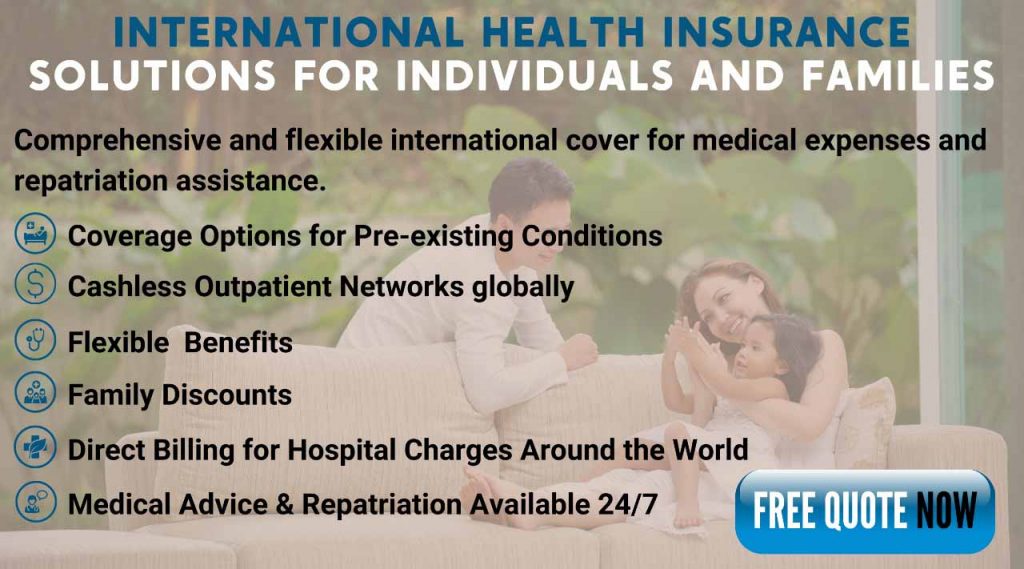Dental Health Insurance is an insurance that every person should obtain. It backs a person to assist in part-payment of the overall associated costs related to dental care. There are various types of family, group or individuals dental insurance plans in Indonesia – but they are grouped in three key categories;
- Indemnity
- Preferred Provider Network (PPO)
- Dental Health Managed Organizations (DHMO)
Generally, every dental surgeon has a schedule of fees for their services. Likewise, dental insurance companies have its own fee schedules which are usually based on normal dental services – the average of fees charged by and large. Such fee-schedules are used as a tool of transaction in a deal between doctors, patients and insurance companies.
Dental insurance provides various benefit-oriented plans with various features. Mostly, dental plans manage to work in “Benefit Duration” which is in general; a year – not necessarily a calendar year.
Several insurance companies’ dental insurance plans are limited to annual maximum capacity; once the treatments reached to its annual maximum cost capacity, then extra fee will be charged to the patient. Furthermore, the plan must be renewed annually – that depends upon the calendar year, fiscal year of the company or enrollment date of the particular plan.
Dental Insurance Policy
Just like other plans have rules and regulation – so does the dental health insurance. It is deductible as car insurance is. Basically, the ‘deductible’ is the amount you pay before the start of any treatment, so that a company may be able to cover your dental health expenses. It is not applicable on preventive treatment and diagnostics. It works like the combination of two plans at the same time, because it provides double benefit – also known as dual coverage plan. In these particular situations, the overall amount paid in both plans cannot surpass your total dental expenses. In reference to such plans, you might not get 100% coverage. That’s the maximum amount that will be paid in a dental plan for a dental care in duration of benefit. Once the capacity is reached – remainder cost will be charged.


